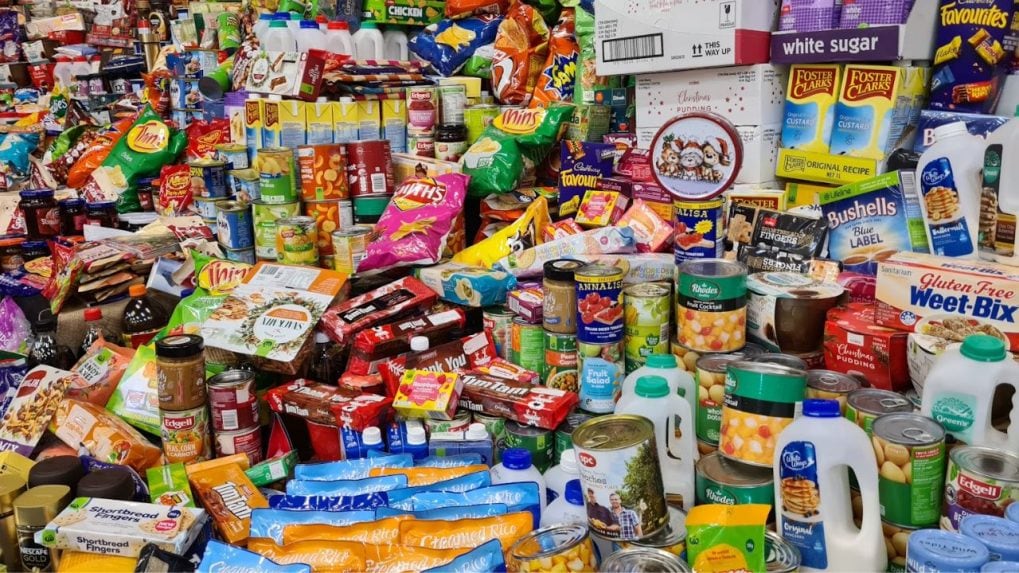GST overhaul to lift rural demand by 8-10%, spur urban consumption ahead of festive season
The FMCG sector, valued at over Rs 6.5 lakh crore annually, contributes significantly to India’s economy, with rural India accounting for nearly half of all sales, according to the AICPDF
ADVERTISEMENT
India’s FMCG sector have hailed the Centre’s decision to overhaul GST slabs, calling it a timely reform that will spur consumption and ease household budgets.
At the 56th GST Council meeting, the government simplified the tax structure to two primary slabs: 5% and 18%, and also introduced a 40% demerit rate for select categories. The changes, effective from September 22, 2025, are expected to free up disposable income, boost consumer sentiment, and provide a much-needed push ahead of the festive season.
Some of the key relief includes a steep reduction in GST on food products such as butter, ghee, cheese, paneer, chocolates, confectionery, pasta, cakes, coffee, mayonnaise, ice cream, soup, namkeen, mineral water, fruit juices, soy milk, packaged spices, packaged rice, and ready-to-eat popcorn. Earlier, many of these products were under 12% or 18% tax slabs but now they have been reduced to zero-5% tax slabs. Analysts estimate an 8–10% drop in retail prices across categories, depending on the brand.
India's tax overhaul puts global fashion brands on edge as apparel costs surge
Industry leaders have endorsed the move. Harsha Vardhan Agarwal, Vice Chairman & MD of Emami Ltd, said the cuts could “spur consumption across all segments.” Dabur CEO Mohit Malhotra called the decision “timely,” noting that reduced GST on soaps, toothpastes, and shampoos will enhance affordability. Marico MD & CEO Saugata Gupta termed the reform a “game-changer” for economic momentum.
GST reforms will be transformational for the business: Piyush Goyal
The benefits are expected to flow beyond urban markets. Dhairyashil Patil, President of the All India Consumer Products Distributors Federation (AICPDF), projected an 8-10% rise in rural demand over the next two quarters, alongside improved distributor and retailer liquidity by Rs 4,000-Rs 5,000 crore. He added the move will directly benefit over 1.3 crore kirana stores that account for nearly 90% of FMCG sales.
“This GST reform is a game-changer for the FMCG trade,” Patil said. “It has brought long-awaited relief to 4.5 lakh distributors and 13 million retailers who are the backbone of India’s consumer economy.”
With the festive season around the corner, Sunil Agarwal, Co-founder & Chairman of Joy Personal Care, said the move signals confidence in India’s consumption story and provides a “much-needed boost” to the industry.
The FMCG sector, valued at over Rs 6.5 lakh crore annually, contributes significantly to India’s economy, with rural India accounting for nearly half of all sales, according to the AICPDF.
GST reforms, festive demand to boost ad spends and revenues for quick comm and ecommerce
However, not all announcements brought cheer.The GST Council raised tax on sweetened and flavoured beverages—including carbonated and caffeinated drinks to 40%, along with sin items category. The hike will impact major the prices of sugary drinks sold by brands such as Coca-Cola, Pepsi, Nestlé, Dabur, Reliance and Tata Consumer. Meanwhile, the Indian Beverage Association (IBA) has urged the government not to classify carbonated drinks under this slab.


